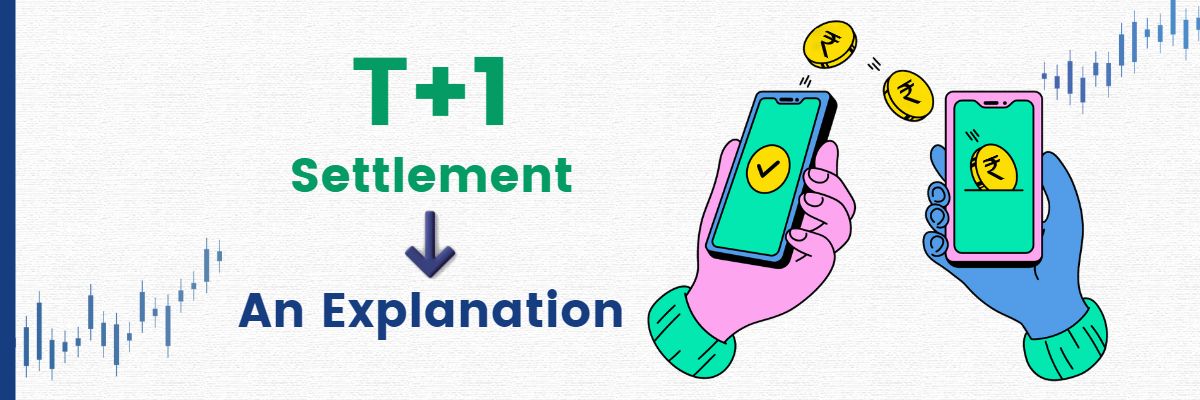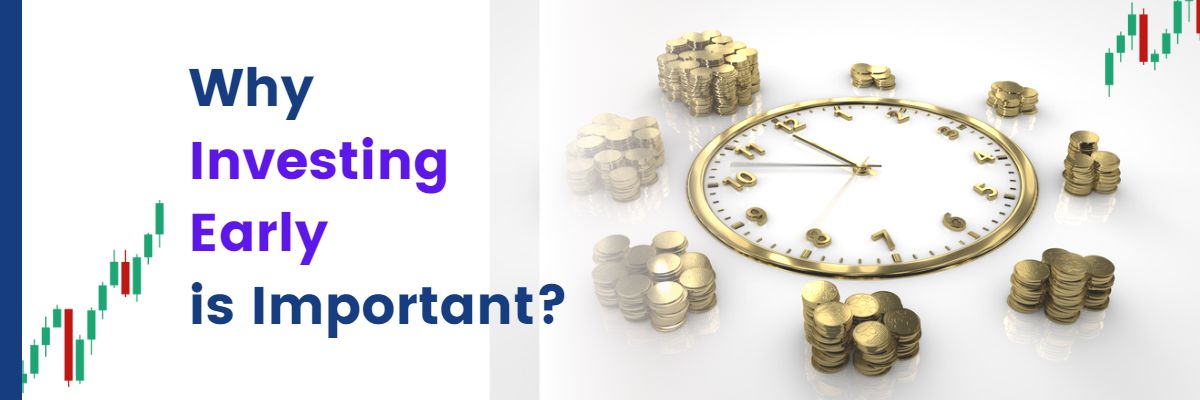The T+1 settlement cycle will come into effect on January 27, 2023, at the NSE and BSE stock exchanges in India. This means that any transactions involving the purchase or sale of shares will be settled one day after the trading date, rather than two days later as previously. The time it takes to settle transactions in securities is called the "settlement cycle," where "T" stands for the trade date, and "+1" indicates that the settlement occurs one day after the trade date.
The Securities and Exchange Board of India (SEBI) had decided that stock exchanges can start using the T+1 settlement cycle from January 1, 2022. Starting with the least valuable, they ranked all of the stocks according to market capitalization, and on February 25, 2022, they made the bottom 100 stocks eligible for T+1 settlement. The following 500 lowest-ranked stocks were then added to the T+1 settlement cycle on the last Friday of each month, continuing until December 2022. Finally, on the last Friday of January 2023, the transition to T+1 settlement will be complete, encompassing all the stocks listed on the stock exchanges.
Very few nations have adopted a T+1 settlement cycle, the pioneers being:
- Hong Kong
- Singapore
- Taiwan
However, India might be the first with a BIG geographic expanse and a single settlement cycle across demographics. It's crucial to remember that even within a single nation, not all securities may be subject to the T+1 settlement cycle, and some securities may have a different settlement cycle. Also, some countries might have different settlement cycles for different types of securities, like stocks and bonds.
What is T+1 settlement cycle and how does it operate?
This T+1 settlement example will help you understand T+1 settlement meaning in a better way.
Suppose on Monday, January 20, an investor buys 100 shares of TCS stock on the National Stock Exchange (NSE) of India. In the earlier regime, the trade date and settlement date for the T+2 settlement cycle were Monday and Wednesday. In the new regime, on the same day, the money would be transferred from your account to the seller's account, and the shares would be transferred from the seller's account to yours the next day.
With the T+1 settlement cycle, the trade date is still January 20 (Monday), but the settlement date is now January 21 (Tuesday).
In this instance, the investor will get the shares one day earlier than under the old regime. Due to the accelerated trading, clearing, and fund settlement processes, this will lower the risk of default and failed trades.
If you have any further questions regarding this, please feel free to contact us.
Stay Connected! Stay Invested!
Click here to start your investment journey with us by opening a Demat & Trading Account








